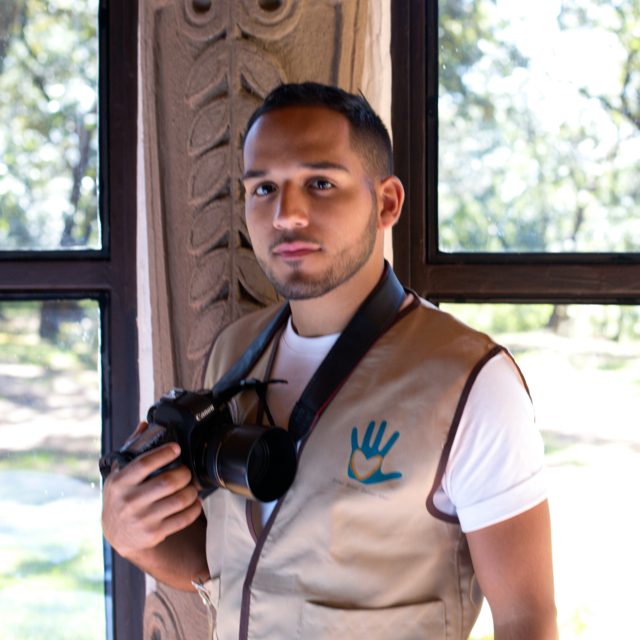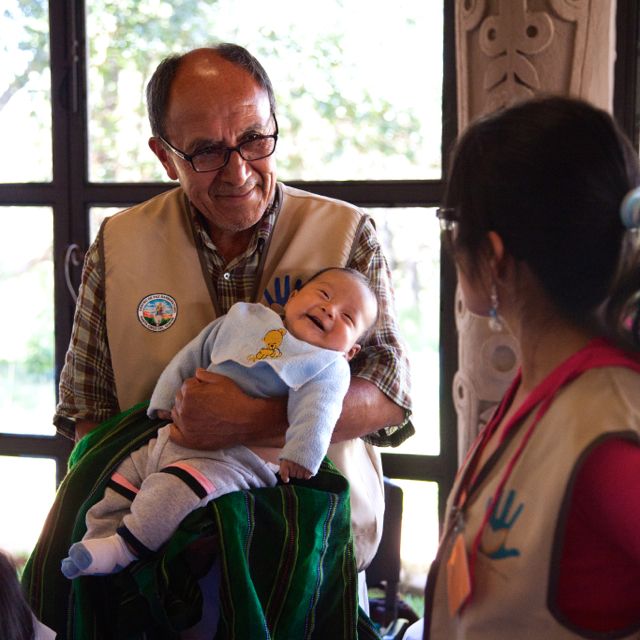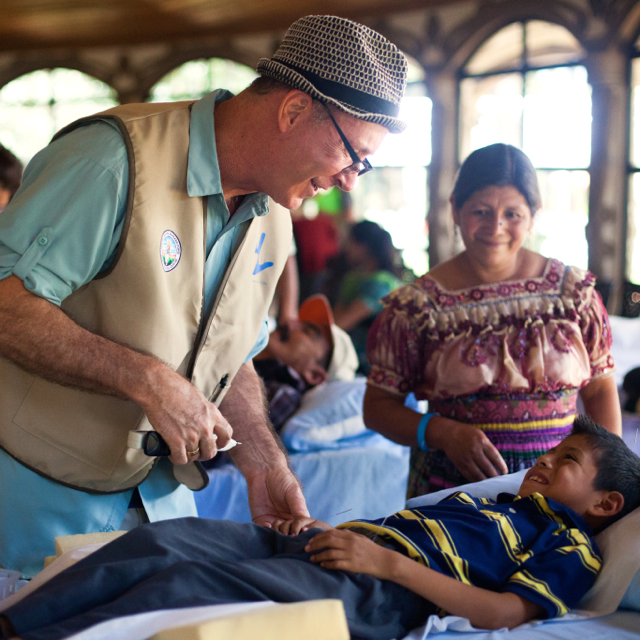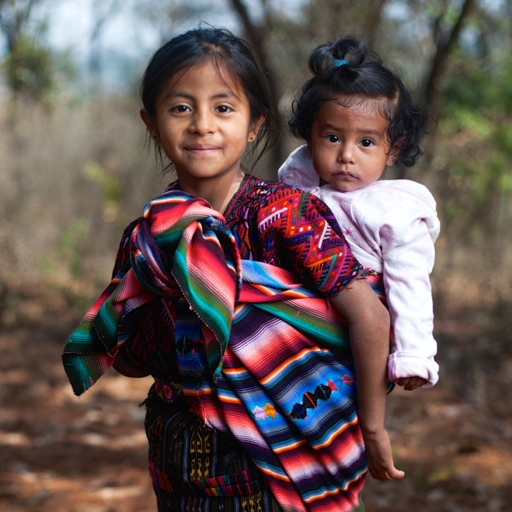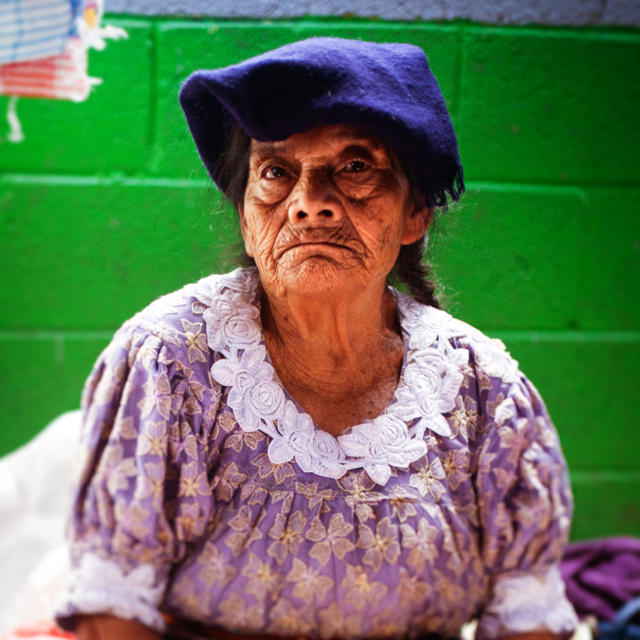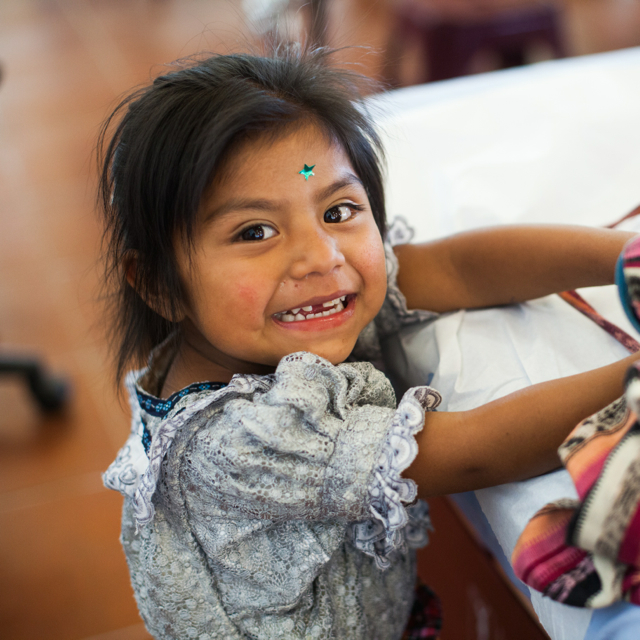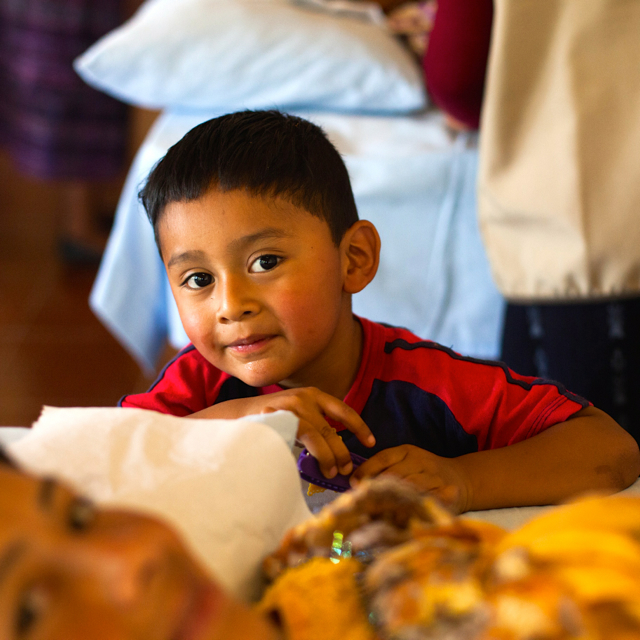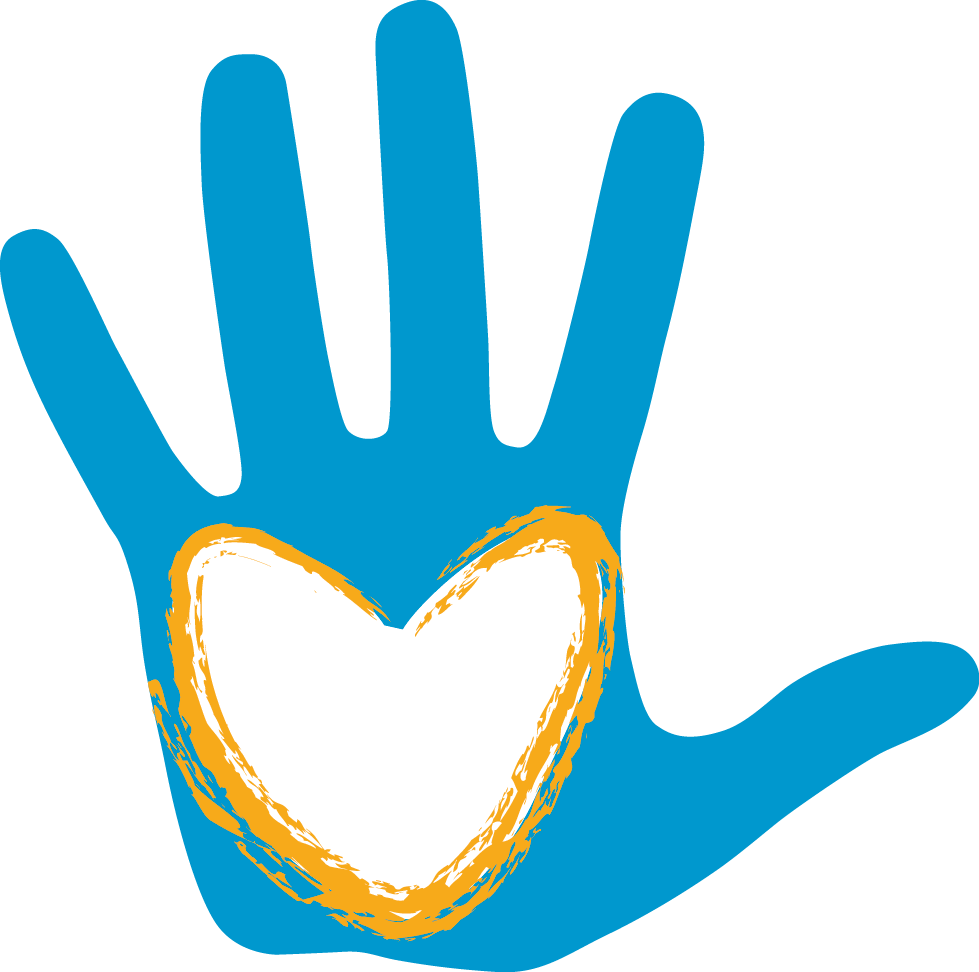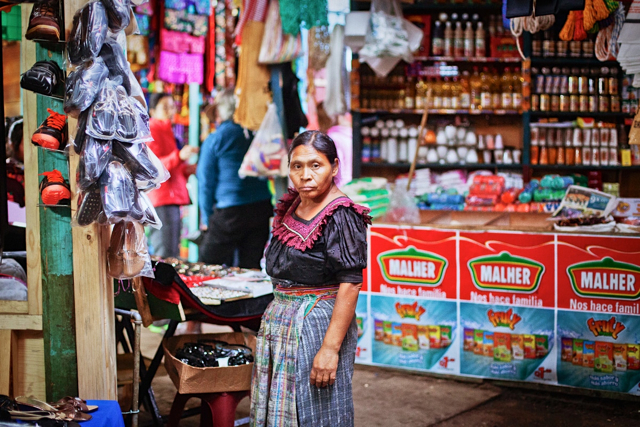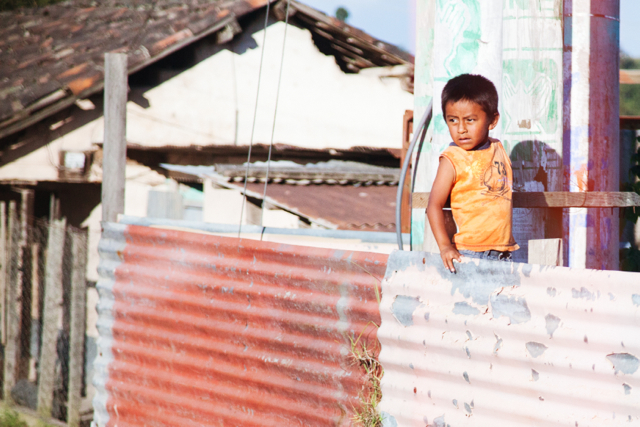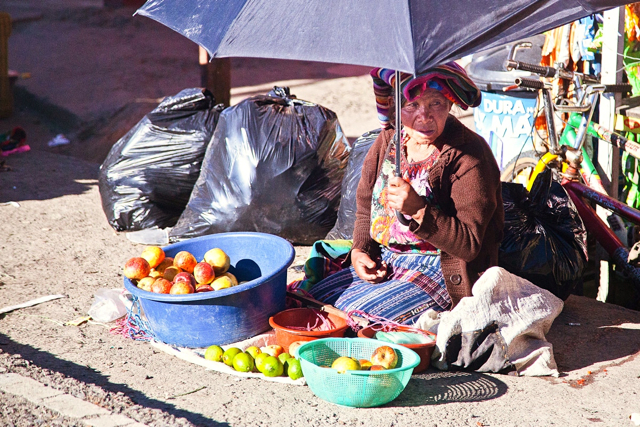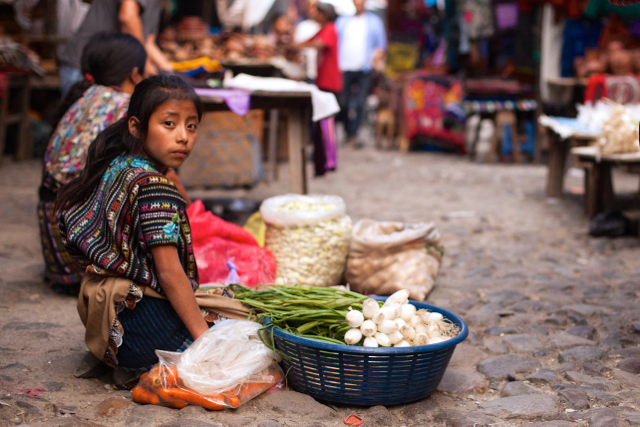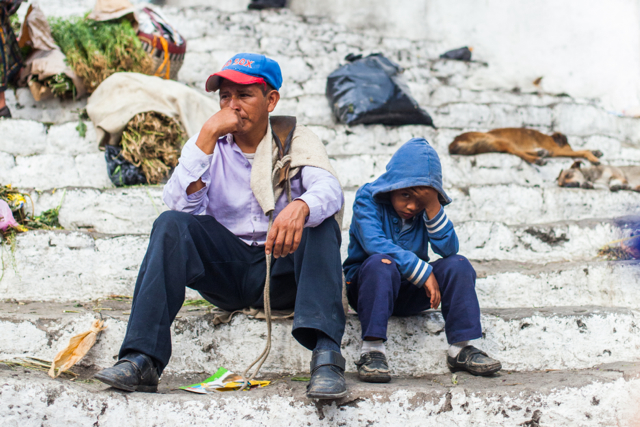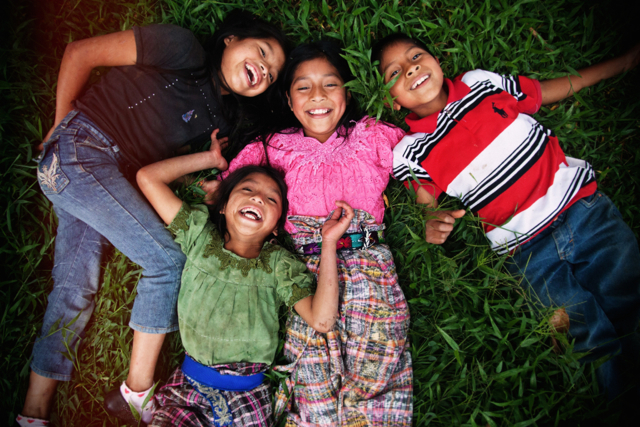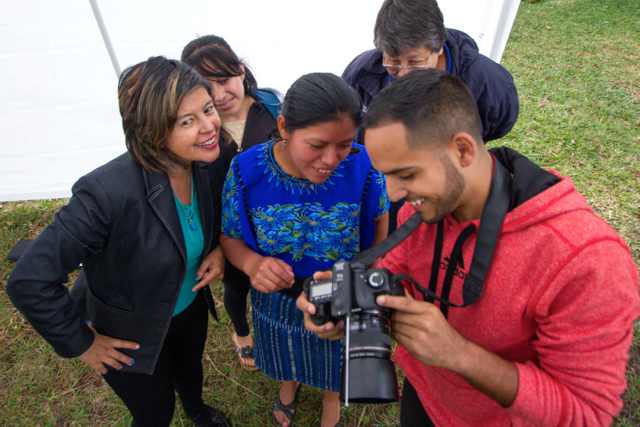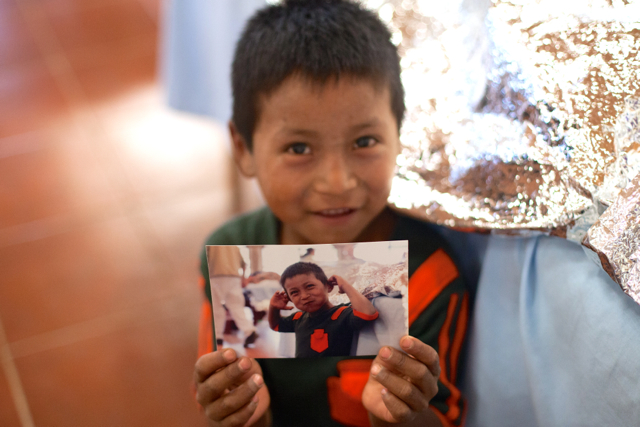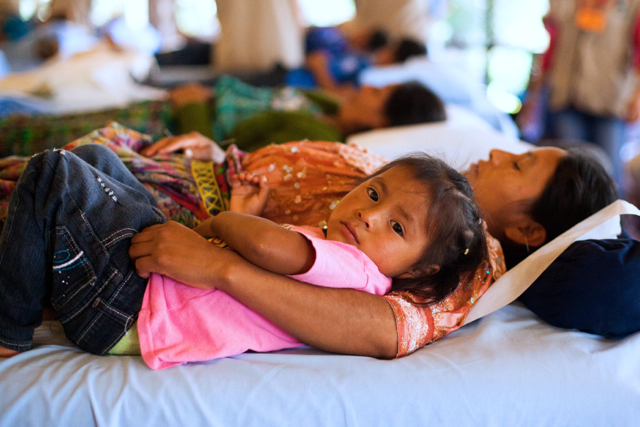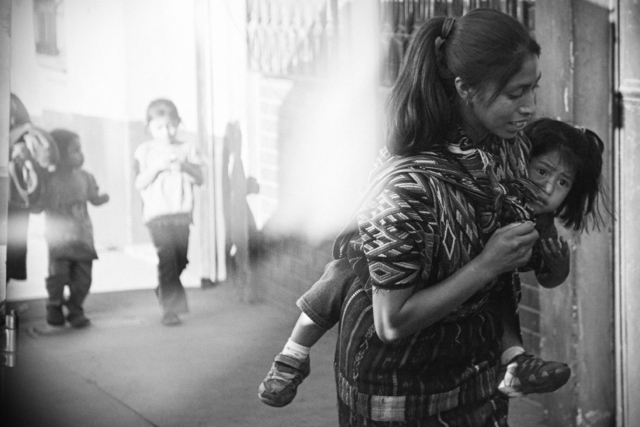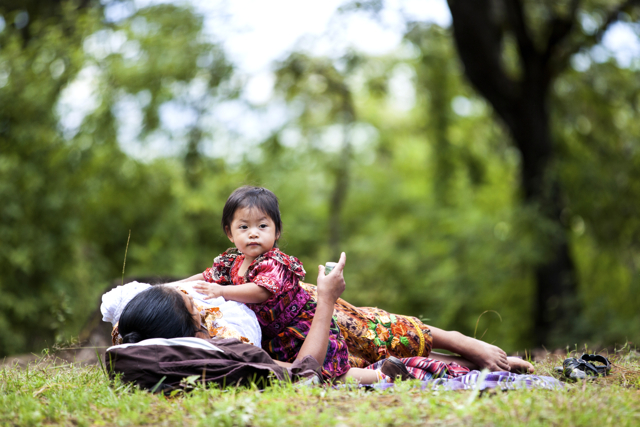A participant of NYC SALT—a nonprofit organization that seeks to engage, inspire, and empower New York City teens by providing them with professional-grade visual communication skills— Danny Martinez received a travel scholarship to photograph one of Global Healthworks Foundation’s medical mission in Quiché, Guatemala. In addition to photographing the Foundation’s health practitioners and those receiving treatment, Danny participated in a variety of activities, helping with a women’s self-defense class, teaching others about photography, and playing with the local children. As evident from his daily reflections, the trip impacted him on both a professional and deeply personal level. Read all about Danny’s story with Global Healthworks Foundation below.
Reflections of a Young Photographer in Quiché, Guatemala
On October 3, 2014, armed with his camera, computer, and a fewchanges of clothes, Daniel “Danny” Martinez boarded an early morning flight to Guatemala City, Guatemala. For someone who had never traveled outside the United States—and, in fact, had barely ventured from his home in the Bronx—the trip was “a pretty big deal.”
A participant of NYC SALT—a nonprofit organization that seeks to engage, inspire, and empower New York City teens by providing them with professional-grade visual communication skills—Danny received a travel scholarship to photograph Global Healthworks Foundation’s October jornada (medical mission) in Quiché, Guatemala. “The program is all about giving opportunities to inner-city youth,” says Bob Stern, a professional photographer and Foundation advisor who also serves on NYC SALT’s Board of Directors. “Our goal with the scholarship was to teach one young adult how the rest of the world lives by meeting people who are different. It is about how one grows as a person through finding and making opportunities for oneself. This life-changing trip will filter back to the other students at NYC SALT through Danny’s photographs, stories, and enthusiasm. As our first ‘photoscholar’, he will light their fires with the fruits of this scholarship. And be their teacher.”
In addition to photographing the Global Healthworks Foundation’s (GHF) health practitioners and those receiving treatment, Danny participated in a variety of activities, helping with a women’s self-defense class, teaching others about photography, and playing with the local children. As evident from his daily reflections below, the trip impacted him on both a professional and deeply personal level.
◆ Day 1 – Travel
I made it. I'm here in Guatemala. Excited, but nervous because I don't know Spanish and this is my first trip out of the country. My mind is filled with every foreign movie scene I've ever watched as I try to picture what I might see. We head out of the airport and into Guatemala City, the country's capital. I grab a window seat in the van, so I can completely absorb everything I see. As we travel to Quiché, our final destination, I'm surprised by how absolutely beautiful Guatemala is. Looking at the endlessly green landscape and rusty, metal roofs, I notice how different life can be for somebody living here. I snap away during the entire six hours of driving. As a kid from the Bronx, I'm seeing people and places I've never seen before. It seems like everybody is outside doing something—carrying a bag of apples on their backs, making tortillas on hot stoves with a wood-burning fire, driving a brightly painted school bus, or just casually walking somewhere.
Arriving at the Centro de Paz Bárbara Ford, I'm greeted warmly by the local people who will be working with us for the rest of the week during the medical jornada. It is beautiful to see how happy they are as they greet some of the practitioners who have been here before. Even though I've never been to this country, I feel at home.
◆ Day 2 – Quiché Market
I was up almost 24 hours yesterday, but the excitement of being in a different part of the world wakes me up easily. I'm ready to explore! And that's exactly what we do for about two hours today. We head out into the market in Santa Cruz del Quiché, where the Center is located. It seems like the whole town is there. Walls of scarves, toys, and bracelets fill every crevice of the market's narrow corridors. People smile and seem happy to see us—or maybe they are smiling because we just look different. Even though I'm from New York, the market seems huge! Every couple of minutes I take a photo of a local person and show it to them. Each time, their face lights up. I think it makes them feel special to have their photo taken. It's beautiful how something so simple can make them so happy. I'm realizing that not knowing Spanish is somewhat unfortunate, but I'm still able to communicate with the people here. Everyone I see gives me a nice big smile and greets me with “¡Buenos días!” which I now know means "Good morning!"
“Everything seems fresh and new, and so incredibly interesting —from the gorgeous clothing to the smells of the market spices.”
Not to exaggerate too much, but, in some ways, seeing all these things is like the equivalent to being born again—at least for a photographer. It’s a pretty big deal. Everything seems fresh and new, and so incredibly interesting—from the gorgeous clothing to the smells of the market spices, to the high amount of stray dogs, I was in a photographer's paradise.
◆ Day 3 – First Official Treatment Day
“When I photograph the health practitioners, I realize that I’ve never seen such a caring group of individuals before.”
Even though I'm not working as an acupuncturist or other health volunteer, I'm really excited to meet some of the patients and document the beautiful work of GHF, the organization that sponsored my trip. More than one hundred Quiché residents arrive first thing in the morning. Immediately, I begin to take photographs of each group—comprised of newborns, the elderly, and young adults like me. When I photograph the health practitioners, I realize that I've never seen such a caring group of individuals before. It really reminds me of what Dan Wunderlich, GHF’s Founder and Executive Director, said the other day: “We are here to show the local people that we respect them, care for them, and are here to help them.” His statement comes alive when I watch how each practitioner treats dozens of patients throughout the day. I find it so heartwarming to watch how they manage to give every single patient the same kind of dedication and care.
This experience is the first time I've ever been able to photograph something so sincere and life-changing. It makes me think about how huge this world is and how some people live with so little. In the United States, we have so much. I'm realizing how appreciative I am for what I've been given, and I think the way to show that appreciation is to help others who don't have as much as you.
◆ Day 4 – Women's Self Defense
After being nominated to be the “bad guy”—or the male test dummy—for GHF's women's self defense class, I try to mentally prepare myself for getting tossed around by the female teacher. The more I learn about the culture here and the role of women, the more I realize how important it is to show the women that the moves being performed really do work! A high percentage of the women in Guatemala have been abused in some way. The self defense steps could really make a difference in their lives physically and emotionally.
As I walk around the room, I notice that most of the women do not look me in the eye. Their body language seems to suggest that they are scared or intimidated--which is strange for me, as I'm only 5'4" and in the United States, I'm not really seen as threatening. But feelings of intimidation quickly turn into laughter as Terése, the teacher, flips me over her shoulder and onto a stack of mattresses. Every single female in the room seems to find my punishment entertaining. It feels good to be part of the reason they are laughing. Terése had told me earlier that many women in Guatemala don't know they have the right to say "no" to men and are considered more a piece of property than a human being. I'm surprised, but thankful, about how eye opening this experience is and how much it means to the women in the class. Though it's a bit comical, seeing a woman beat up a man seems to spark some confidence in the women in attendance. Hopefully, if they're being abused, they can use what they learned to defend themselves.
◆ Day 5 – The Power of Photography
I've been printing out some of the photographs I've taken of the Guatemalan patients and staff at the Centro de Paz Bárbara Ford. Through a translator, I learn that many of the local people have never had a printed picture of themselves before—something I feel everyone deserves. As I hand them the photo, I can feel their appreciation and can sense a feeling of pride at how good they look.
One of the big things I've taken away from this trip is how powerful photography can be. It can be used in really positive ways. For one person, a picture might not mean much. But for others, it is a memory of a day when they were truly cared for. One of my favorite photos so far has been of a group of kids lying in the grass at the Center after they received treatment. The pure joy in their expressions speaks volumes. It doesn't matter where you come from or the circumstances you're given, everyone deserves to smile. It's a beautiful thing to see people enjoying life.
“One of the big things I’ve taken away from this trip is how powerful photography can be.”
◆ Day 6 & 7 – Reflections
Thinking about my time in Guatemala, I'm struck by the way this group of practitioners was able to treat more than fifteen hundred local people in less than a week. Dan organized an amazing team of volunteers for this jornada, and it showed in how flawlessly everything was run. Humbling to say the least, the experience has opened my eyes to the way in which a person can make a difference in the lives of others. The patients who were treated weren't the only ones affected by this jornada. Bob Stern, Dan Wunderlich, and the entire NYC SALT team have given me a priceless experience that I will never forget. My eyes have been opened to what life can be and how important it is to care about one another. I would never have thought that I would be part of such an amazing cause, and it has motivated me to keep pushing forward and accomplish every dream I have. I'm forever indebted to Bob and Dan and Alicia Hansen and Adam Chinitz—Executive Director and Program Director of NYC SALT—and I owe my future success to the experiences they've introduced me to. I hope they know how thankful I am for their help molding me into the individual I've become and hope to be.
